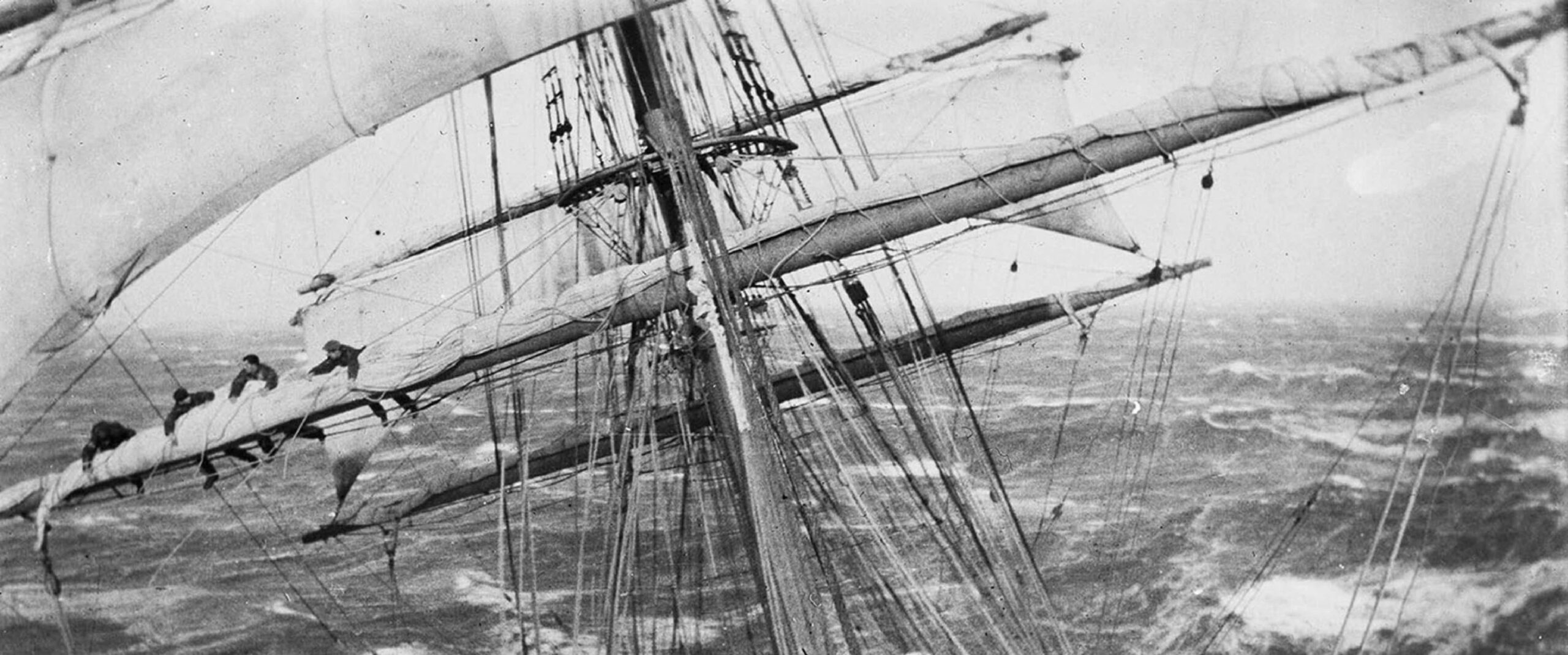
What you “know” sits inside your head, right? Your own beliefs and decisions are based on rational thoughts and logic. You “worked it out”.. unlike others with a different view who just made it up or aren’t so smart. Right?
Wrong.
At BalancedKaizen we believe that what we know is shared, not owned by individuals. Knowledge is largely based on what people around us say and do, not just our own thoughts. Our own rational thoughts are important but play a surprisingly small part in learning.
This is, after all, how we learn as children – taking knowledge and beliefs from those around us – parents, siblings, teachers, friends. We absorb language, values, behaviors, and facts from what others tell us, and how they behave. That pattern doesn’t stop when we stop growing.
Even science has a surprising amount of “belief”.
When we say we know the earth orbits the sun, most of us don’t actually know that from direct observation, we believe what those around us believe, & rationalize it with our own logic. Our distant ancestors believed the sun orbits the earth, until science changed that belief. The great advances in scientific knowledge have almost all been from a few observing and calculating while the rest of us believe the results. Science is a fabulous example of shared knowledge.
Our knowledge, therefore is not just our own personal property but shared, with the circle of people we know, and they with us. This includes those with whom we disagree, even strongly disagree. Their ideas effect us, even as we reject them, because they reinforce our own ideas.
So how is this relevant for leaders?
Once we understand that the “knowledge” of a team is a shared resource, the responsibility of the leader is clear – to ensure that knowledge is best used.
Good Leaders tap into that collective knowledge & use it – they don’t ignore it, or waste it.
Good Leaders grow the knowledge of all their team, knowing that growth of one grows all.
Good Leaders listen, not just to be nice but to facilitate and use the knowledge of the team.
Good Leaders are careful not to be the only source of truth.
Of course a leader’s own knowledge is important, even vital, as their views and ideas have influence in the group, and their experience maybe important also. This is where the balancing comes in.
“knowledge… is not just our own personal property, but shared…”
A leader doesn’t give way to wrong ideas or wait until they can convince everyone. The leader’s job is to ensure the shared knowledge of the team grows, not just conforms to what they think.
Patience is vital, and finding the right balance between patience and pushing is a key leadership trait.
Do you start on a new objective by assessing the combined knowledge of your team, and work on reducing the gaps, or work out how the problem should be solved and start issuing directions?
Do you see yourself as the source of knowledge, or a part of shared knowledge?
Does the authority of your leadership role give you greater wisdom, or responsibility for how the team uses it’s shared wisdom?

